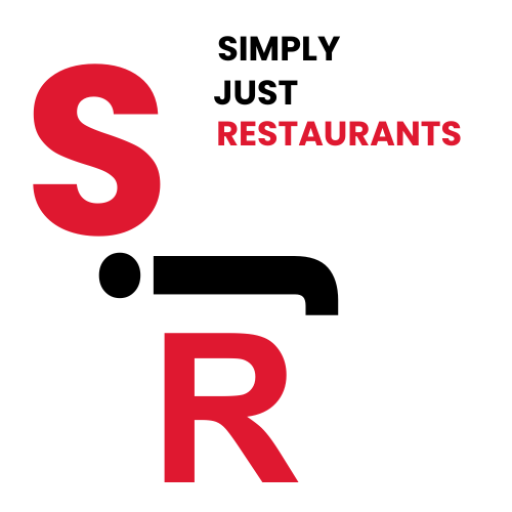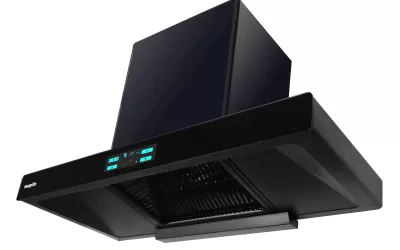Introduction to Hotel Kitchen Equipment
A well-hotel kitchen equipment is the backbone of any successful hotel, ensuring smooth operations and high-quality food service. This guide will help you understand the essential hotel kitchen equipment required in a hotel, how to select, install, and maintain them, and ensure compliance with safety standards.
Understanding the Hotel Kitchen Need
Before diving into the specifics of hotel kitchen equipment, it’s crucial to assess your hotel’s needs:
- Menu: Determine the types of cuisine and dishes you will be offering.
- Volume: Estimate the number of meals served daily.
- Space: Consider the layout and size of your kitchen.
- Budget: Plan your budget for hotel kitchen equipment procurement and maintenance.
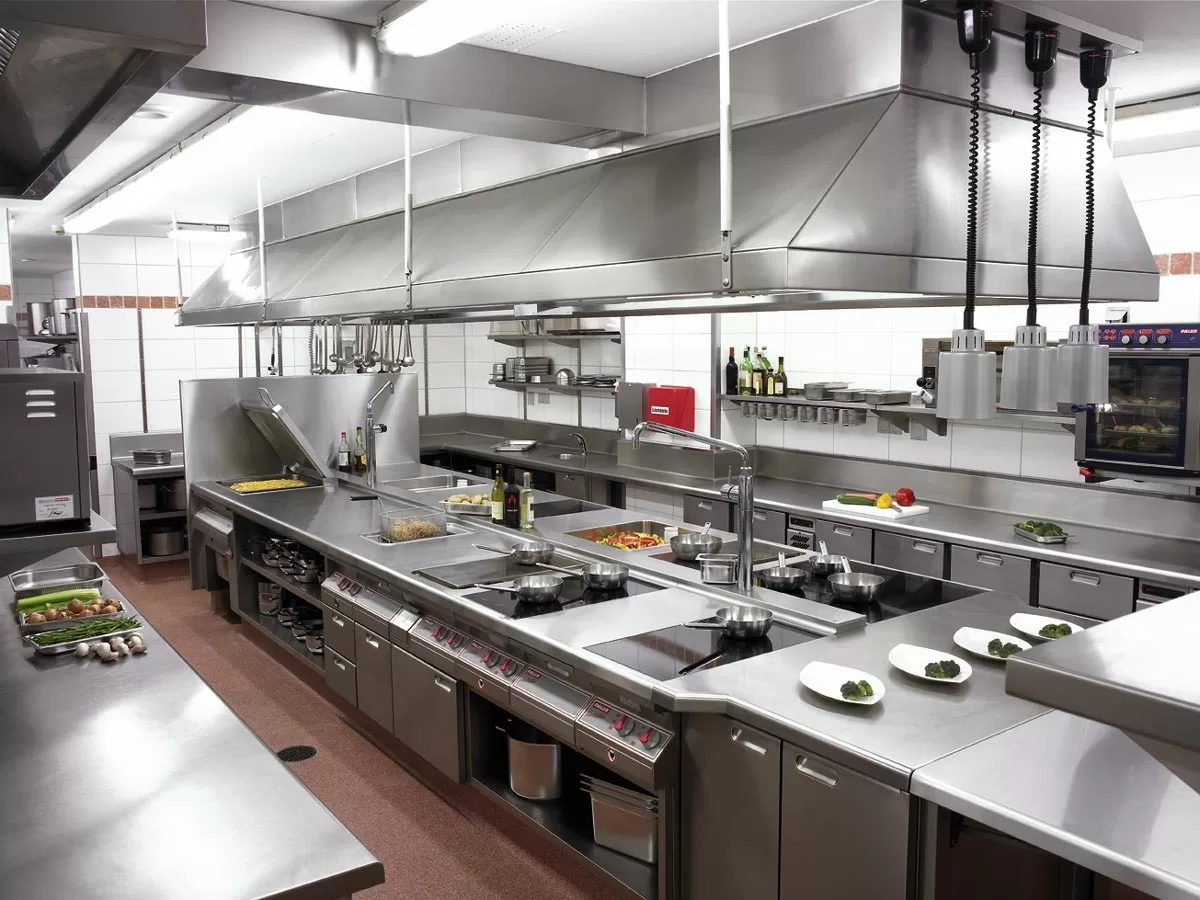
Essential Hotel Kitchen Equipment
Cooking Hotel kitchen Equipment
- Range and Ovens: These are the workhorses of any kitchen. Choose between gas, electric, or induction based on your needs.
- Grills and Griddles: Ideal for cooking meats, vegetables, and breakfast items.
- Fryers: Essential for preparing fried foods.
- Steamers and Combi Ovens: Useful for cooking a variety of dishes efficiently.
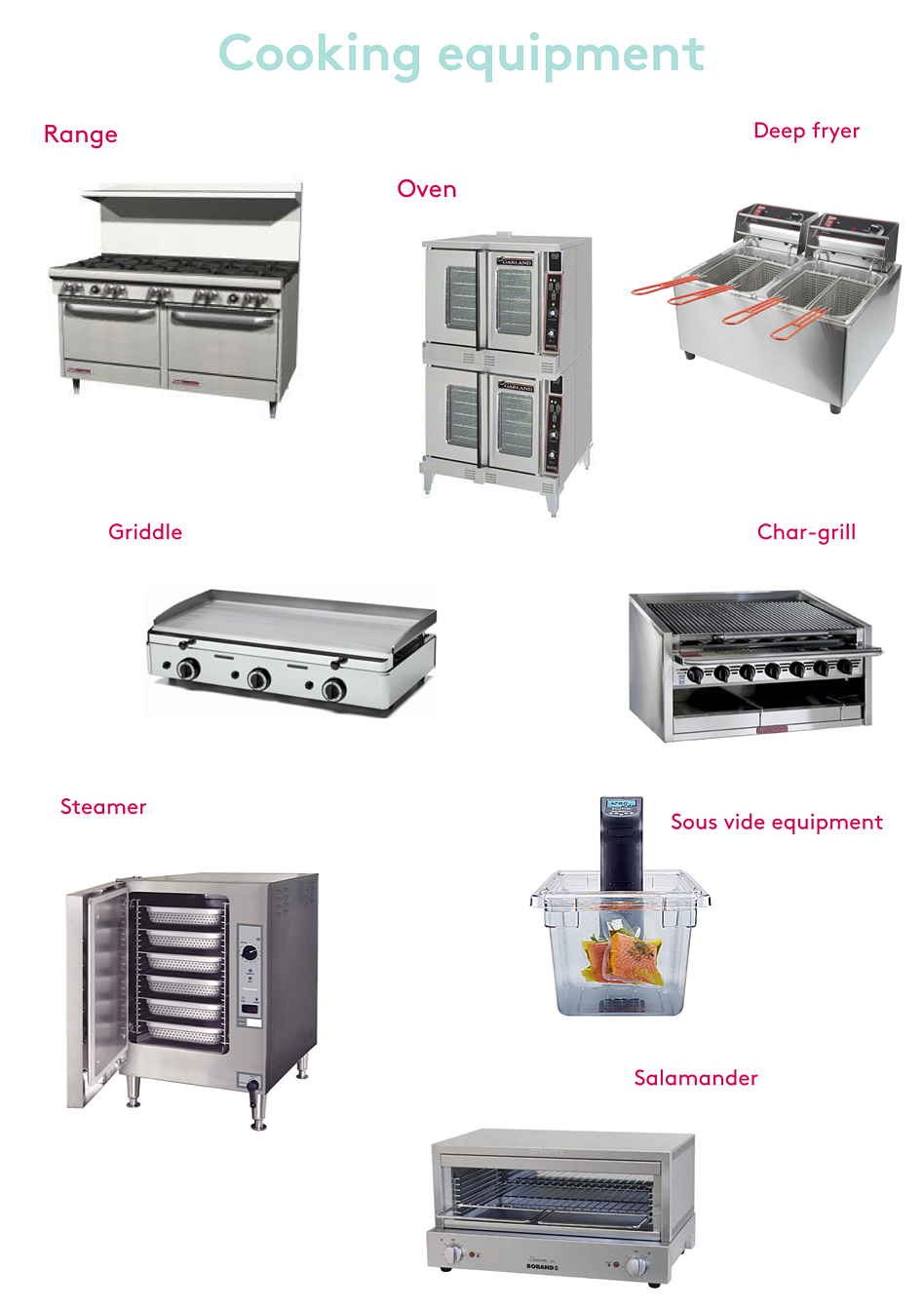
Refrigeration Hotel Kitchen Equipment
- Walk-in Coolers and Freezers: Provide ample storage for perishable items.
- Reach-in Refrigerators and Freezers: Convenient for quick access to frequently used items.
- Under-counter Refrigerators: Save space and keep ingredients within easy reach.
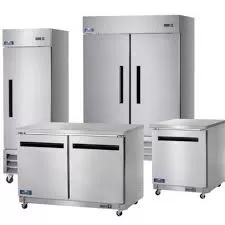
Preparation Hotel Kitchen Equipment
- Food Processors and Blenders: Essential for preparing sauces, purees, and other ingredients.
- Mixers: Useful for baking and preparing doughs and batters.
- Slicers and Choppers: Ensure uniform cuts and save preparation time.
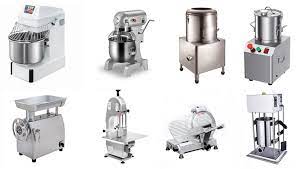
Storage Equipment
- Shelving Units: Organize dry goods, utensils, and small hotel kitchen equipment.
- Ingredient Bins: Store bulk ingredients like flour, sugar, and grains.
- Cabinets: Securely store dishes, glassware, and other essentials.
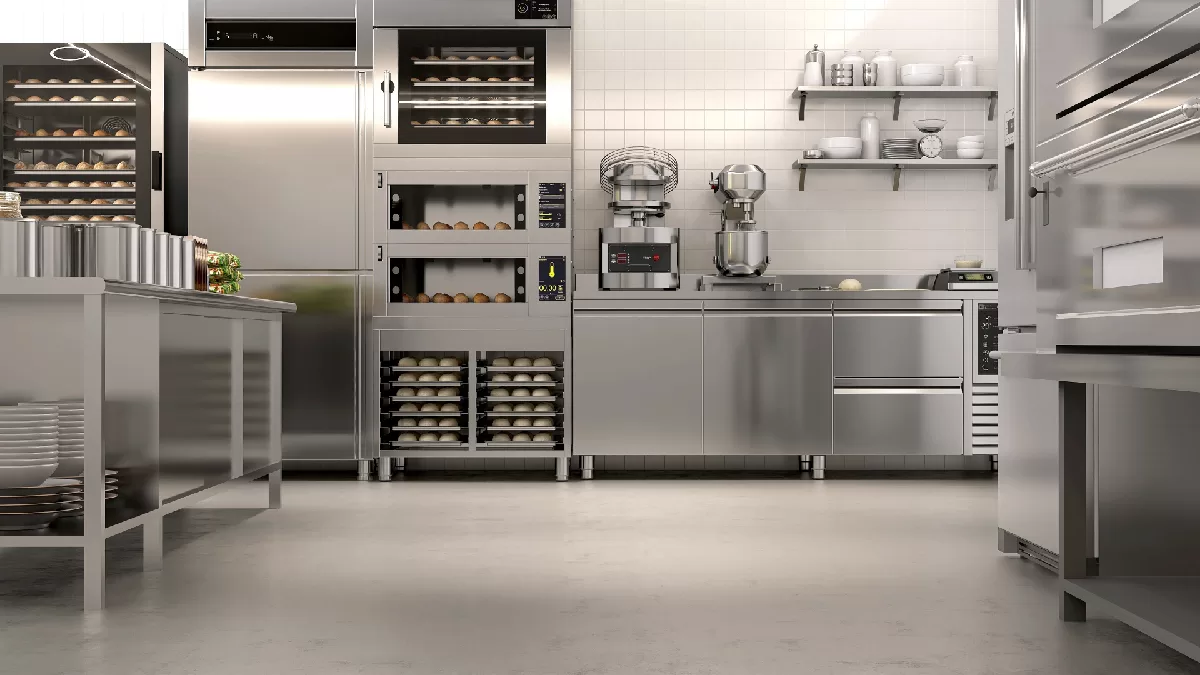
Cleaning Equipment
- Dishwashers: Ensure quick and efficient cleaning of dishes and utensils.
- Sinks: Three-compartment sinks are standard for washing, rinsing, and sanitizing.
- Grease Traps: Prevent clogging in plumbing by trapping grease and oils
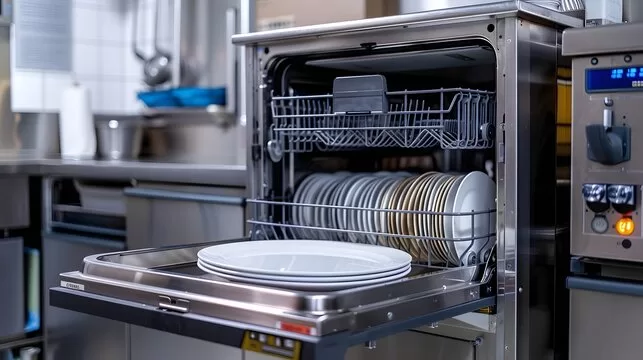
Selecting the Right Equipment
Research and Compare
- Read Reviews: Look for reviews and ratings of different brands and models.
- Consult Experts: Talk to chefs and kitchen managers for recommendations.
- Visit Showrooms: Examine the hotel kitchen equipment in person to assess quality and functionality.
Consider Energy Efficiency
- Energy Star Ratings: Opt for hotel kitchen equipment with high energy efficiency ratings.
- Long-term Savings: Consider the total cost of ownership, including energy savings.
Customization
- Modular Equipment: Choose modular options that can be customized to fit your kitchen layout.
- Special Features: Look for hotel kitchen equipment with features that meet your specific needs, like programmable settings or rapid cooling.
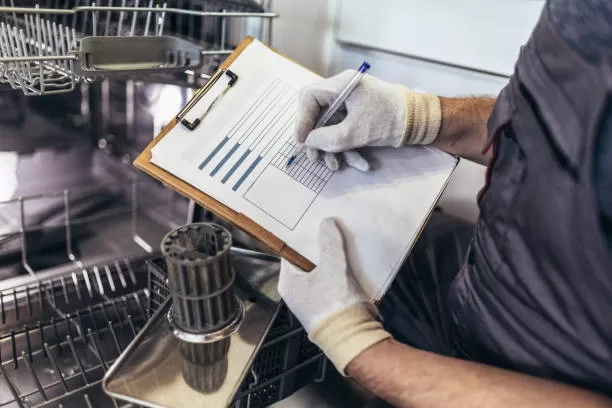
Installation and Setup
Professional Installation
- Hire Certified Technicians: Ensure hotel kitchen equipment is installed by professionals to meet safety and warranty requirements.
- Follow Manufacturer’s Instructions: Adhere to the installation guidelines provided by the manufacturer.
Proper Placement
- Workflow Optimization: Arrange hotel kitchen equipment to facilitate a smooth workflow.
- Safety and Accessibility: Ensure hotel kitchen equipment is easily accessible and does not obstruct pathways.
Initial Testing
- Run Initial Tests: Test all equipment to ensure proper operation.
- Train Staff: Provide initial training for staff on how to use and maintain the new equipment.
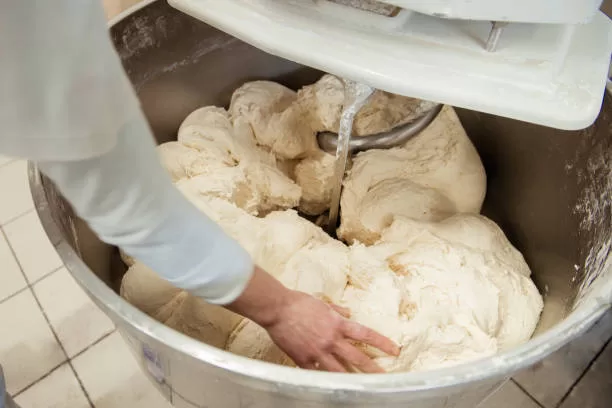
Daily Operations and Maintenance
Daily Cleaning
- Clean Surfaces: Wipe down all surfaces, including countertops and hotel kitchen equipment exteriors.
- Sanitize Utensils: Use appropriate sanitizers for utensils and cutting boards.
Regular Inspections
- Check for Wear and Tear: Regularly inspect hotel kitchen equipment for signs of damage or wear.
- Preventative Maintenance: Schedule regular maintenance to prevent breakdowns.
Documentation
- Maintenance Logs: Keep detailed records of maintenance and repairs.
- Operating Manuals: Ensure operating manuals are easily accessible for reference.
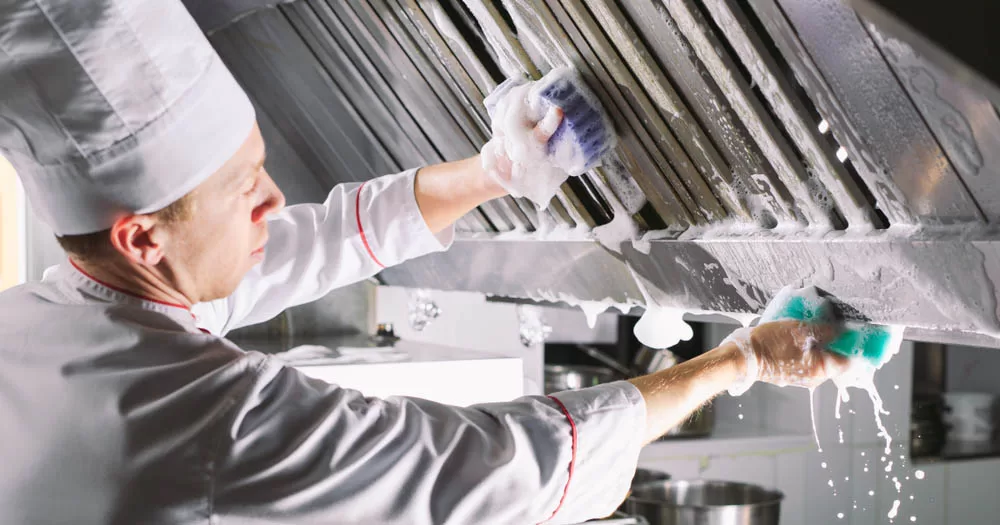
Safety and Compliance
Food Safety
- Temperature Control: Monitor and record temperatures of refrigerators and freezers.
- Hygiene Practices: Implement strict hygiene practices for staff.
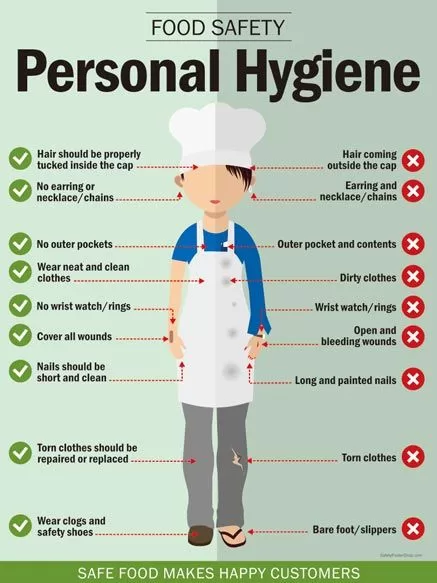
Fire Safety
- Fire Suppression Systems: Install and maintain fire suppression systems in cooking areas.
- Fire Extinguishers: Ensure fire extinguishers are readily accessible and staff are trained in their use.
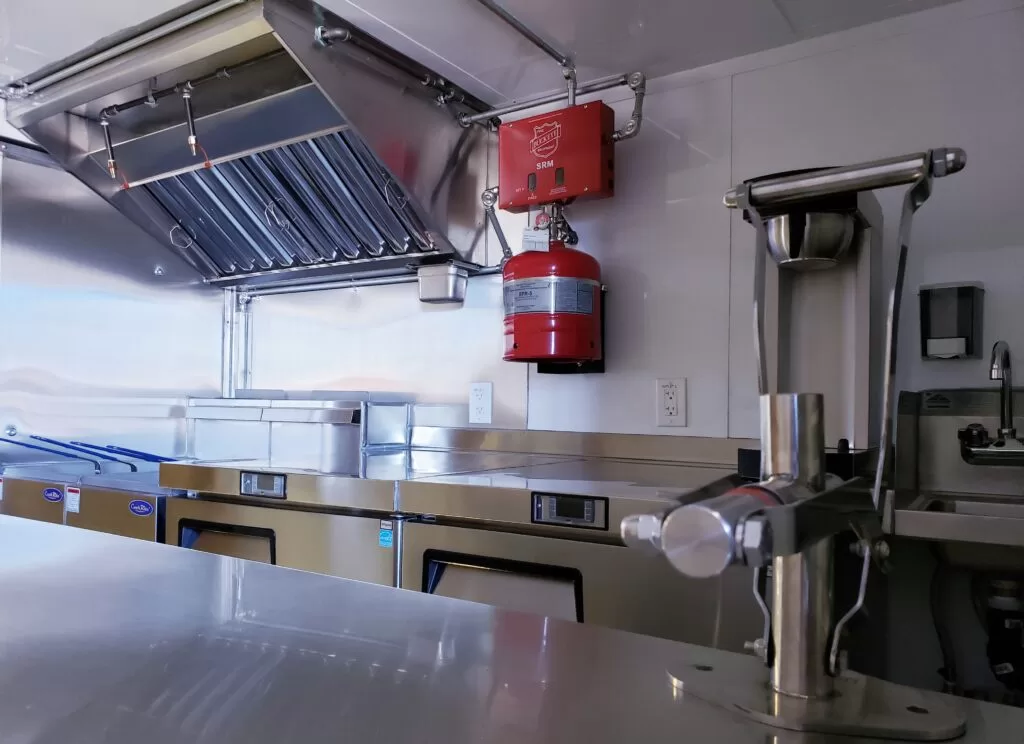
Health and Safety Regulations
- Stay Informed: Keep up-to-date with local health and safety regulations.
- Regular Audits: Conduct regular audits to ensure compliance.
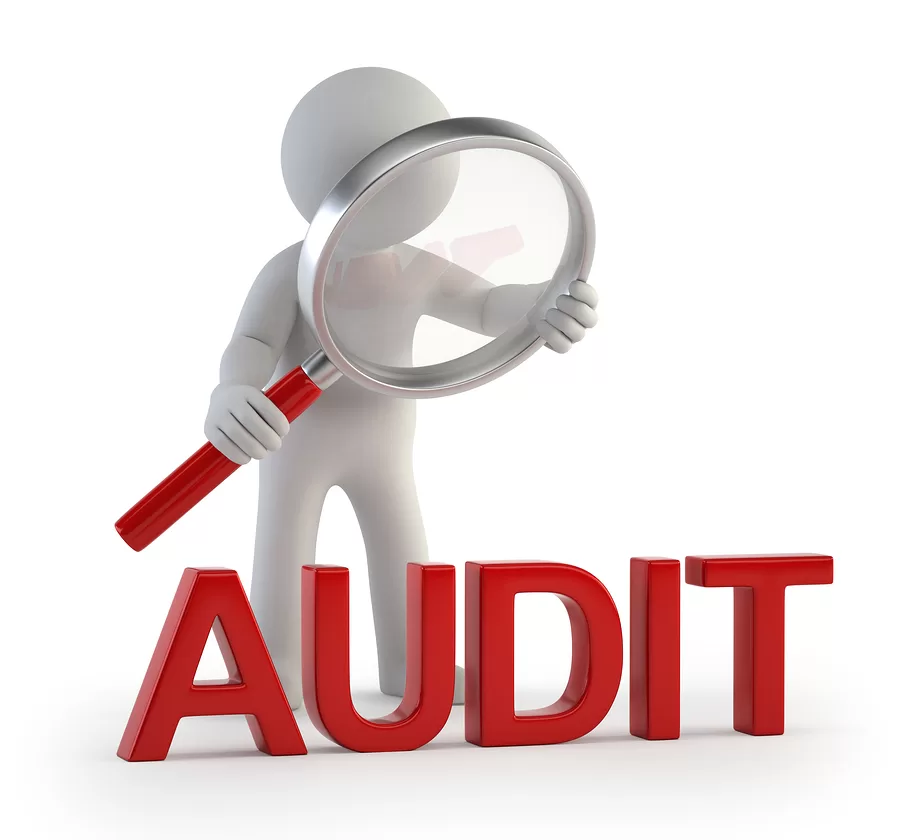
Troubleshooting Common Issues
Equipment Malfunctions
- Identify the Problem: Use troubleshooting guides to identify issues.
- Contact Support: Contact the manufacturer’s support for assistance.
Performance Issues
- Recalibrate Equipment: Ensure hotel kitchen equipment is properly calibrated for optimal performance.
- Check Power Supply: Ensure consistent and adequate power supply to all equipment.
Unexpected Downtime
- Backup Equipment: Keep backup hotel kitchen equipment or contingency plans in place.
- Quick Repairs: Have a list of reliable repair services for quick response.
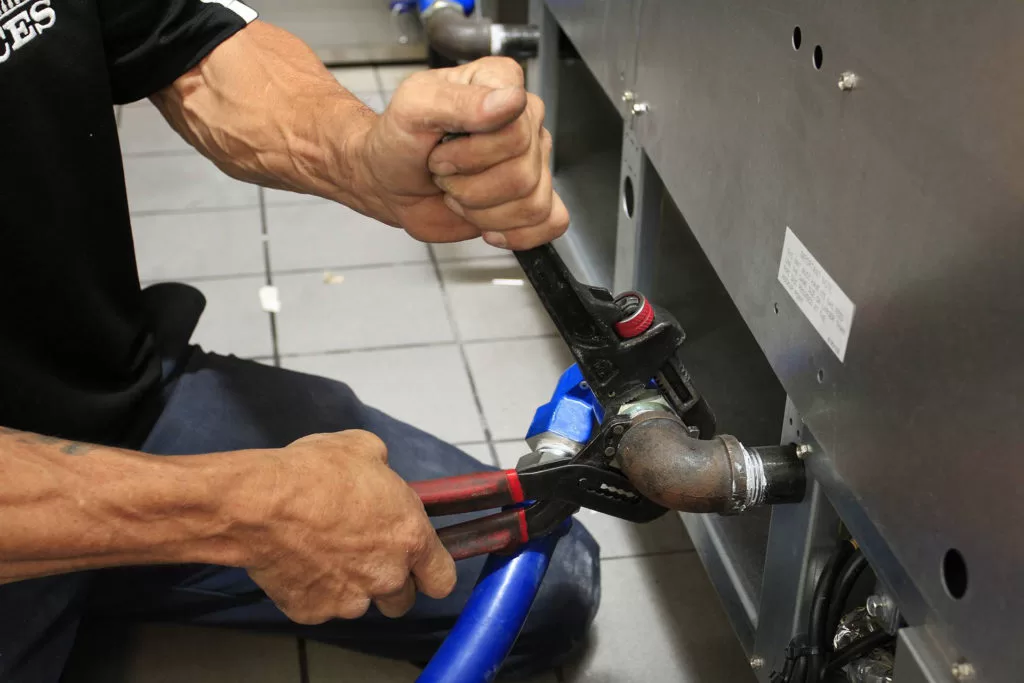
Upgrading and Replacing Equipment
Assess Needs
- Evaluate Performance: Regularly assess the performance and condition of your equipment.
- Plan Upgrades: Schedule upgrades or replacements during off-peak times to minimize disruption.
Budgeting
- Allocate Funds: Set aside funds for hotel kitchen equipment upgrades and replacements.
- Seek Financing: Explore financing options if necessary.
Disposal of Old hotel Kitchen Equipment
- Eco-Friendly Disposal: Dispose of old hotel kitchen equipment in an environmentally friendly manner.
- Donate or Sell: Consider donating or selling equipment that is still functional.
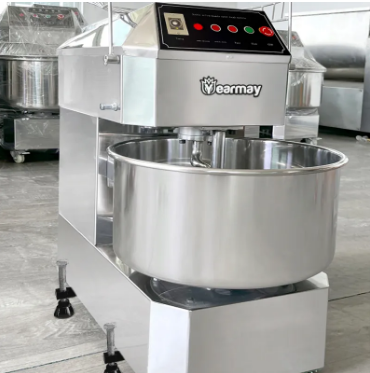
Conclusion
Equipping a hotel kitchen with the right tools and maintaining them properly is essential for the smooth operation and success of your culinary endeavors.
By understanding your kitchen’s needs, selecting the right hotel kitchen equipment, ensuring proper installation, and adhering to maintenance and safety protocols, you can create an efficient and productive kitchen environment.
Regular upgrades and compliance with health and safety regulations will ensure your kitchen continues to meet the high standards expected in the hospitality industry.
About Author nikita kapali
You May Also Like…
2024 Buyer’s Guide: How to Choose the Best Auto Clean Chimney for Your Kitchen
IntroductionA chimney is essential for a clean and safe kitchen. Kitchen chimneys are essential for aesthetics and...
How to Choose the Right POS Software for Your Restaurant in India
Introduction Profits are what make it all worthwhile. Running a successful restaurant requires an efficient...

